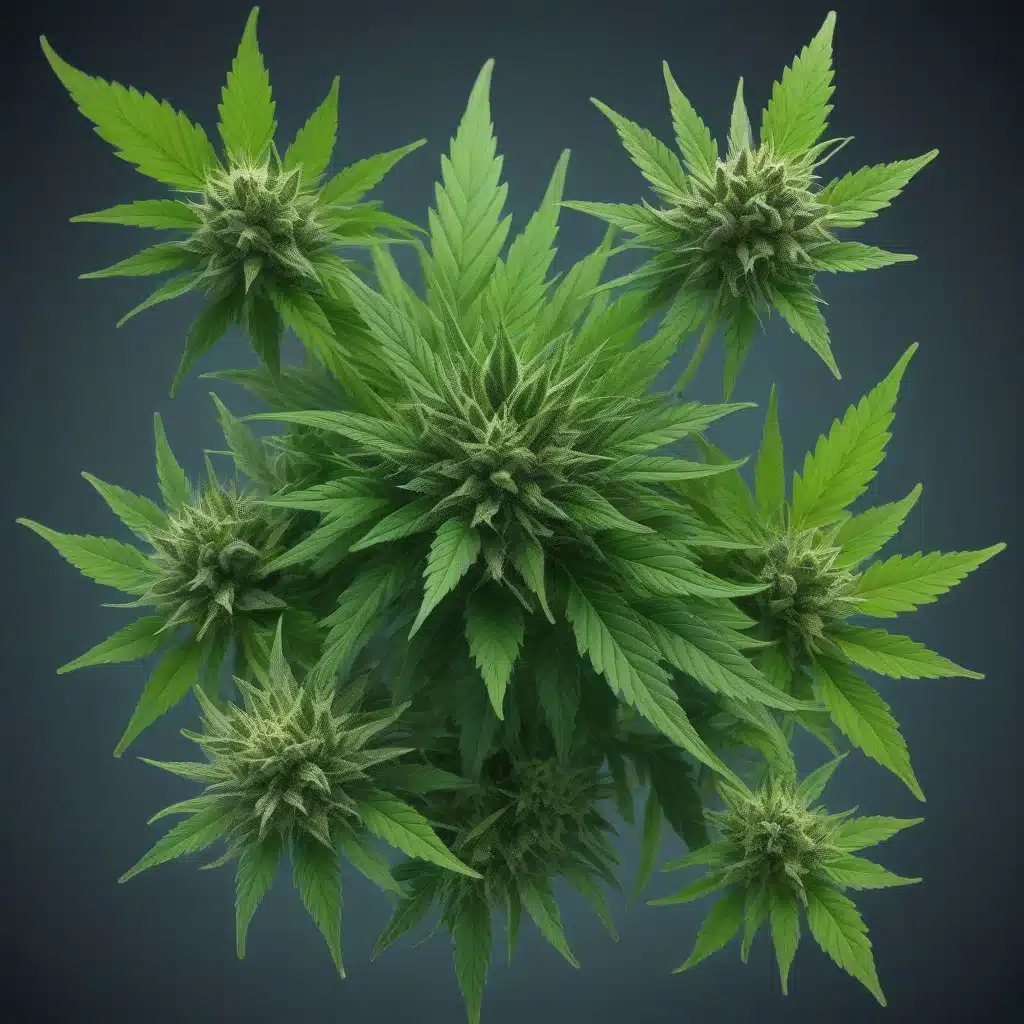The exploration of cannabis compounds has transcended beyond the well-known THC and CBD, leading to the discovery and increasing popularity of other cannabinoids like Hexahydrocannabinol (HHC) and Delta-8-tetrahydrocannabinol (Delta 8).
These compounds have garnered attention for their unique effects and legal status in various regions, sparking curiosity among consumers and researchers alike. This article delves into an in-depth comparison of HHC vs Delta 8, highlighting their chemical nature, effects, legality, and usage. It offers valuable insights for those navigating the complex world of cannabinoids.
Chemical Structure and Effects
The first point of comparison in the discussion on HHC vs Delta 8 lies in their chemical structure. Delta 8 is a minor cannabinoid found in cannabis plants, chemically similar to Delta-9-THC (the most well-known psychoactive compound in cannabis) but with a slightly altered molecular structure that results in less potency and psychoactive effects. It has gained popularity for its ability to produce mild euphoria, relaxation, and pain relief without the intense high or anxiety sometimes associated with Delta-9-THC.
HHC, on the other hand, is a hydrogenated form of THC. The process of hydrogenation modifies the molecular structure of THC, similar to how vegetable oil is turned into margarine. This alteration makes HHC more stable and less susceptible to oxidation. Users of HHC vapes with Ypsilos report effects that include relaxation and euphoria, with some suggesting that its impact lies somewhere between Delta 8 and Delta 9 in terms of potency and experience.
Legal Status
When discussing HHC vs Delta 8, it’s crucial to consider the legal landscape, as it significantly influences consumer access and acceptance. Delta 8 is in a gray legal area in the United States. It is synthesized from CBD derived from hemp, which is legal at the federal level under the 2018 Farm Bill as long as the final product contains less than 0.3% Delta-9-THC. However, due to its psychoactive nature, several states have moved to restrict or ban Delta 8 explicitly.
The legal status of HHC is even more ambiguous. Because it is not explicitly mentioned in most cannabis legislation, including the 2018 Farm Bill, it occupies a legal loophole. However, this does not guarantee immunity from legal scrutiny, as regulators might still consider its psychoactive properties and relation to THC. The evolving regulatory environment necessitates keeping abreast of current laws to ensure compliance.
Usage and Availability
In terms of usage, both HHC and Delta 8 are available in various forms, including vapes, tinctures, edibles, and more. The choice between HHC and Delta 8 often boils down to personal preference regarding the desired effects and legal considerations. Delta 8 is frequently sought by those looking for a milder alternative to Delta 9, while HHC may appeal to those desiring effects that are slightly stronger but still less intense than Delta 9.
As for availability, both cannabinoids are relatively accessible through online vendors and dispensaries in areas where they are legal. However, the market for Delta 8 is currently more established, offering a wider range of products and more extensive user testimonials.


